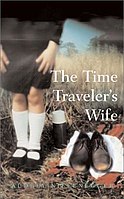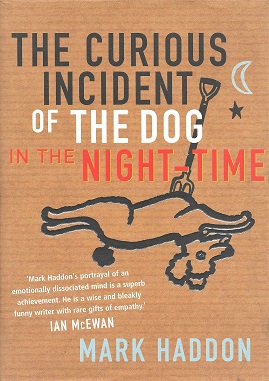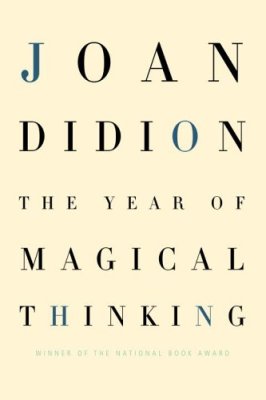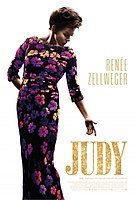Lists








8 Books
Current Reads
Sort by:
Recent Desc
More lists by Persis Flores



Best Reads
List includes: The Time Traveler's Wife, The Curious Incident of the Dog in the Night-Time, Sophie's World
June 2022
0
@persisflores0f5e56



To Read
List includes: The Handmaid's Tale, The Year of Magical Thinking, Native Speaker
June 2022
0
@persisflores0f5e56



To Watch
List includes: Cha no aji, Nobody Knows, Judy
June 2022
0
@persisflores0f5e56